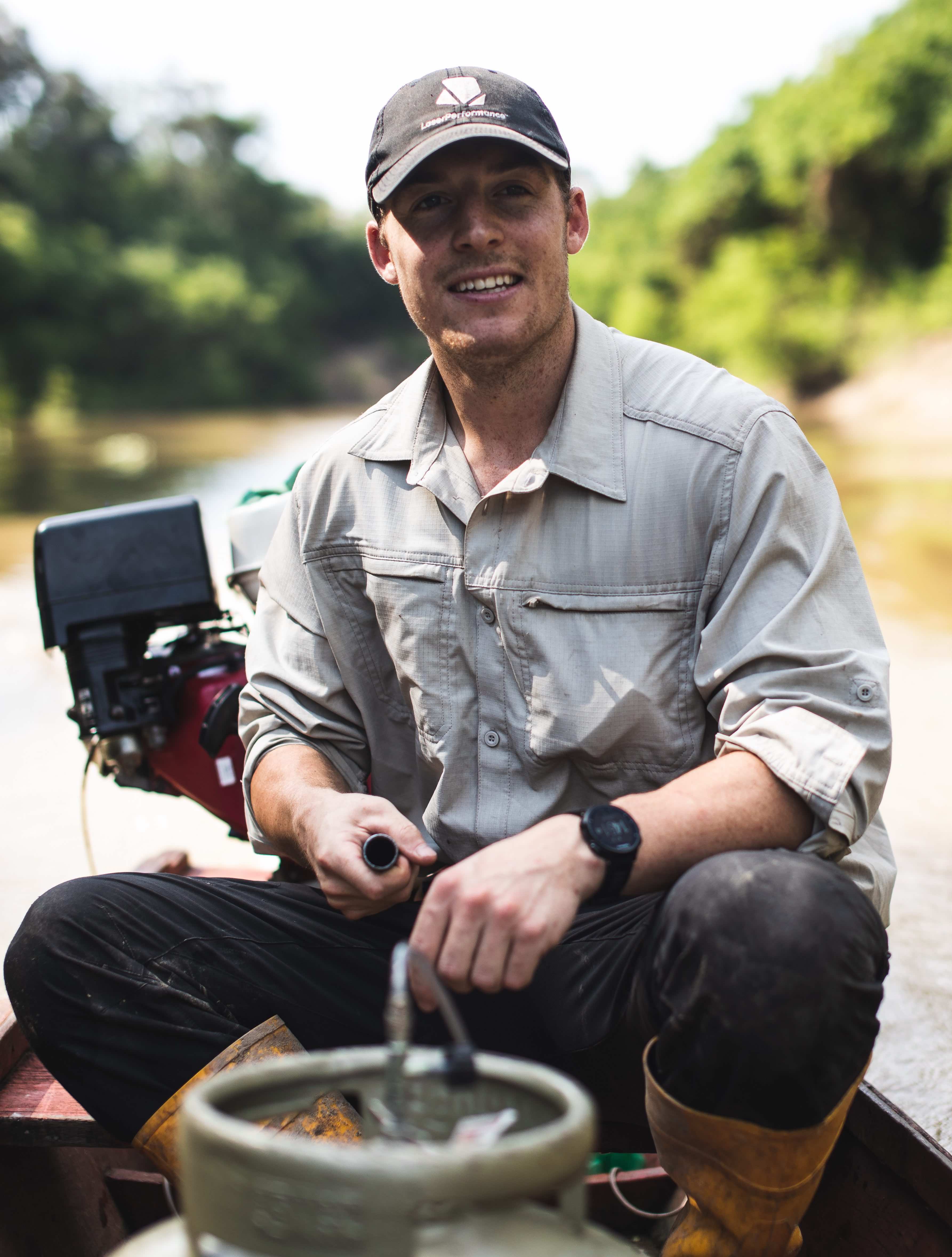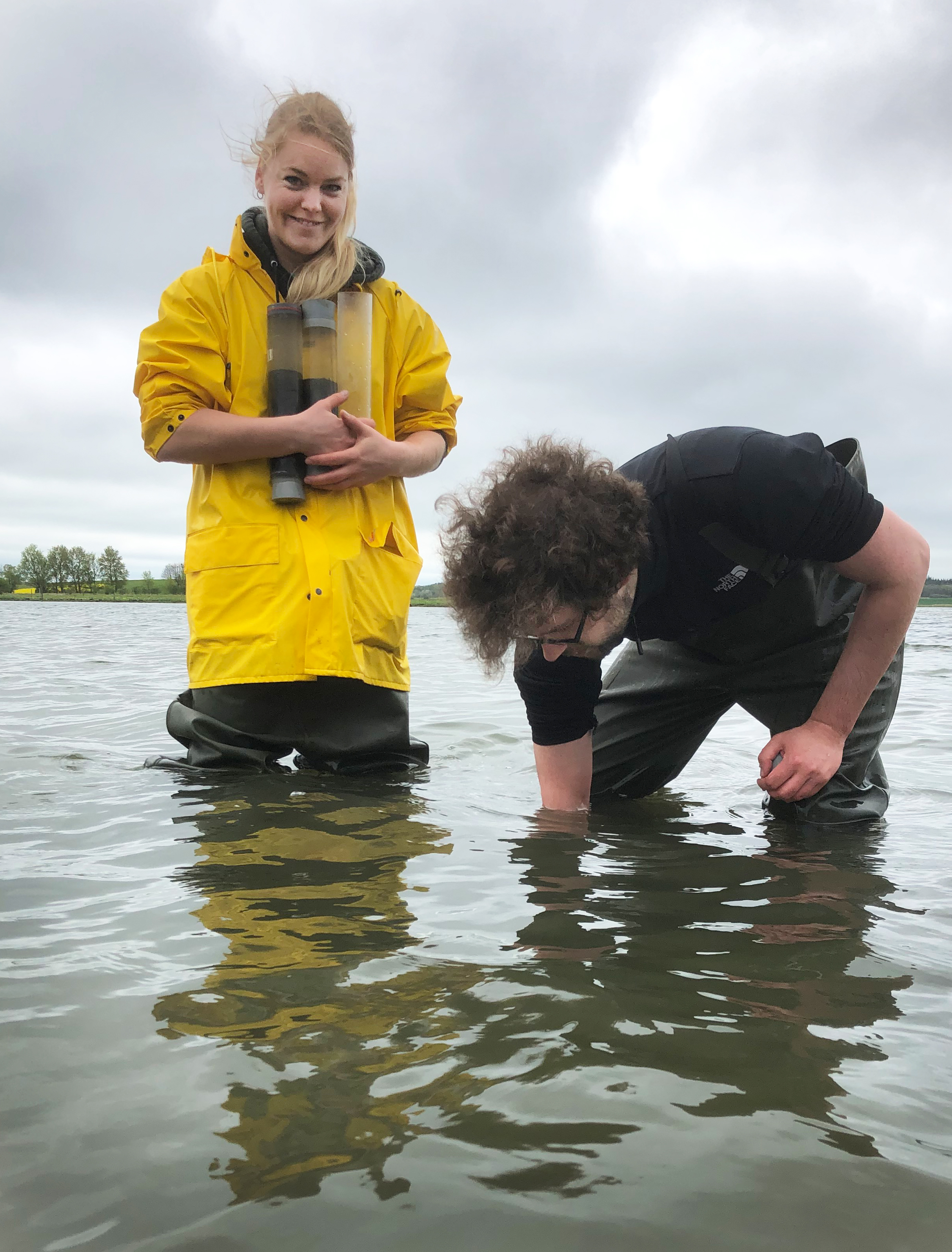Two young researchers receive grants from the EU
Congratulations to postdocs Andrew Abraham and Julia Otte. They each received EU funding for their research projects.


Congratulations to postdocs Andrew Abraham and Julia Otte who will soon commence their EU funded research projects. Both projects are funded as part of the Marie Skłodowska-Curie Actions under the Horizon Europe Programme. The MSCA is the European Union’s flagship funding programme for doctoral education and postdoctoral training of researchers.
Andrew Abraham's project: Wild animals' role in recycling and redistributing nutrients
Wild animals play an important role in recycling and redistributing nutrients across landscapes. Yet, current conservation projects do not have a framework to map this important ecosystem service.
In his recently funded project, postdoc Andrew Abraham will develop an ecological model that can accurately quantify the transport of nutrients by animals living in diverse landscapes across the world.
The model will first be validated in southern Africa, where animal communities include predators, scavengers and megaherbivores, before being applied to European rewilding sites.
With robust scientific forecasting generated through this project, wild animals can be used to support ecological restoration attempts that are more effective, efficient and natural.
The project will be carried out in collaboration with Assistant Professor Elizabeth le Roux and Professor Jens-Christian Svenning.
Julia Otte's project: Correlations between cable bacteria and green house gasses
Recently it has been discovered that cable bacteria - besides other effects - reduce the presence of methane in sediments.
However, we still lack an exploration of the correlations between cable bacteria and other greenhouse gasses.
In her recently funded project, postdoc Julia M. Otte will investigate how cable bacteria influence the presence of nitrous oxide (N2O), a critical greenhouse gas nearly 300 times as harmful as carbon dioxide. The project "CableN2O" aims to quantify the effect of cable bacteria on N2O emission from aquatic sediment and its environmental relevance
She expects that cable bacteria may stimulate the N2O formation. If this is correct, the use of cable bacteria should be carefully considered. .
The project will be carried out in collaboration with Assistant Professor Ugo Marzocchi and Professor Andreas Schramm from the Center for Electromicrobiology.
